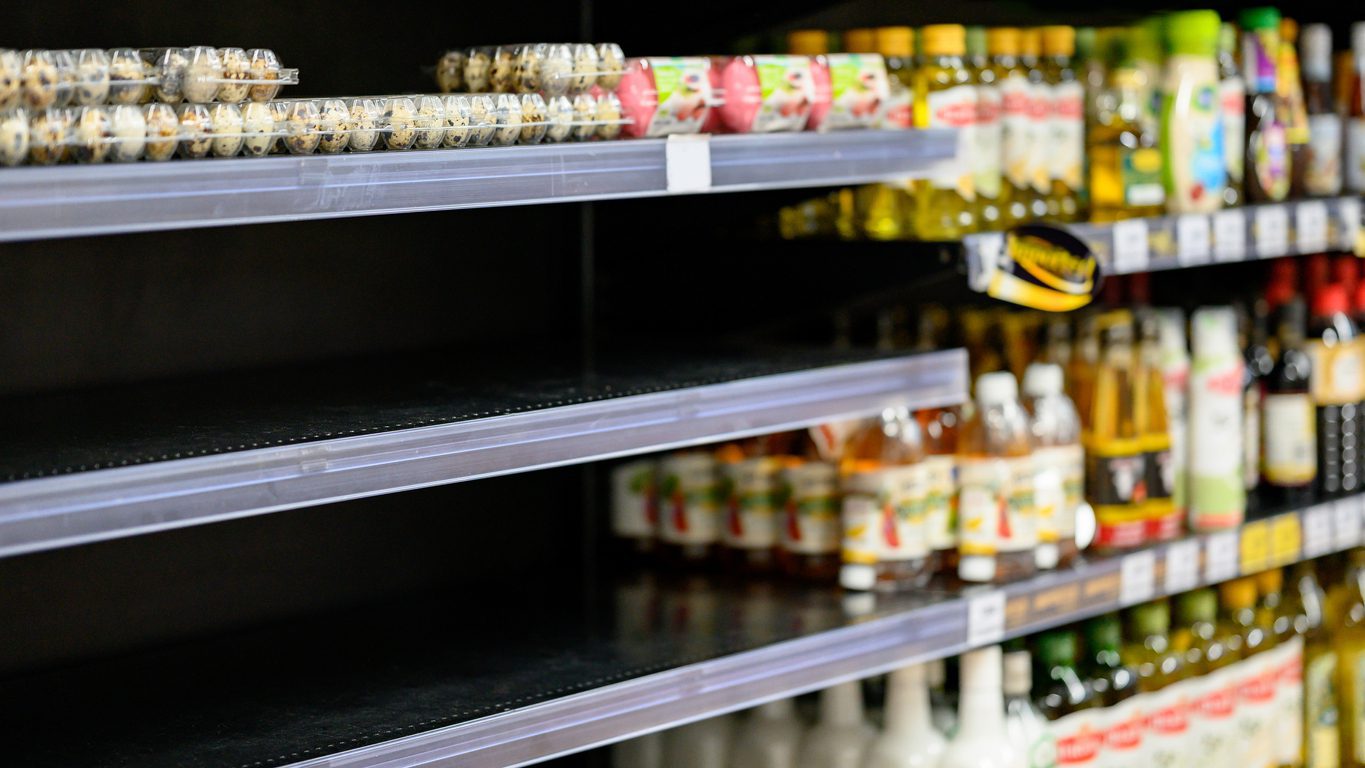
Food Stockpiling: The Negative Effects of Over-Purchasing Food
Given that these are unprecedented times, it’s unsurprising that some of the reactions to this pandemic have been bordering on extreme. One of the biggest trends that we have seen from people all over the country is stockpiling. Whether it’s perishable food or household essentials, stockpiling has been taking place in homes all across the UK; it’s probably far more common than you think.
Back in March, a study demonstrated that over 35% of UK shoppers were stockpiling food for the coronavirus outbreak, and here’s the upshot: there’s now £1bn more food collectively in homes across the UK.
In this article, the Brown Recycling team will be taking a look at the negative effects of food stockpiling and what this could mean for the environment.
An increase in waste
One of the most obvious effects that food stockpiling is going to have on the country is a large increase in waste.
Around one-third of all food created for human consumption is lost somewhere along the supply chain, around 1.3 billion tonnes a year. The worst part: most of this is waste occurs when it finally reaches the consumer. Of course, the aforementioned statistic doesn’t take into account the current stockpiling that we’ve seen recently, so we can only assume that the figure will be a great deal higher this year.
The real issue that we’re facing with stockpiling isn’t with canned goods, but rather with perishables. Families across the country are buying and attempting to manage more food than they ever have before, which is going to mean that there’s no space in the freezer – or even the fridge – for the food that they’ve purchased. If it’s not eaten, of course, this will end up in the bin – or, as we’ve seen in some cases, on the streets.
A misplaced fear
When we walk into a supermarket and see that the shelves are bare, it’s difficult not to feel a pang of worry. “Is food really running out?”, you might think. The answer: of course not – it’s just in the wrong place.
Richard Wilding, professor of supply chain management at Cranfield School of Management believes that UK food supply chains are in fact well organised and there is no reason to worry about food running out. The problem, then, is trying to get the food that is available diverted to other supply chains. For example, restaurants and bars all over the country aren’t currently taking food supplies, and this is having to be diverted elsewhere. Making these diversions, however, can put a great strain on logistics; vehicles, drivers, warehousing and storage all need to be managed accordingly, and this is no easy task.

Advice for consumers
- Make sure that food is stored in the right way
- Be sure to look at best-before and use-by dates before purchasing
- Best-before dates are about quality not safety, food can still be enjoyed well past their best before date
- For use-by dates, do not store cook or freeze past the date stated
- If you notice that you are not going to be able to eat food by its use-by date, try to give it to food banks or charities -there are also many great food sharing apps out there that you can use to communicate and share food with people in your local community
Brown Recycling is a leading waste management company in the Stoke-on-Trent area and is more than capable of dealing with all kinds of trade waste projects, large and small. For more information about how we could help with your next project, get in touch today.
This website uses cookies to enhance your browsing experience and deliver personalised ads. By clicking “Accept All Cookies”, you agree to the storing of cookies on your device to enhance site navigation, analyse site usage, and assist in our marketing efforts.



